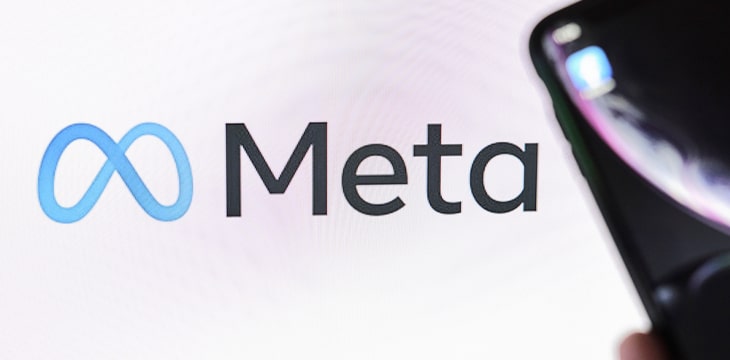|
Getting your Trinity Audio player ready...
|
Mark Zuckerberg is a firm believer that the future of the Internet, gaming, and even the workplace is on the metaverse, so much so that he’s willing to keep burning through billions of dollars every year to give Facebook a lead in its development. In the first quarter of the year, Reality Labs, the company’s metaverse and augmented reality (AR) platform, posted $3 billion in losses and is on track to post its highest losses ever this year. But Zuckerberg isn’t worried.
Zuckerberg made the Meta Platforms earnings call recently, revealing that the company had a great start to the year in general. The company made $27 billion in the three months ending March 31, with the “Facebook family of apps” being responsible for the great quarter. This includes Facebook, WhatsApp, and Instagram.
Zuckerberg decided to also reveal to investors how its investment in a group of platforms and projects that it considers to be the future of online social experiences is doing. None of this is bigger than Reality Labs, the subsidiary that the company is betting on to be the leader in the metaverse. It was previously known as Oculus and focused almost exclusively on VR headsets and related virtual games, but since Zuckerberg rebranded Facebook to Meta, it’s now expanded its focus to the metaverse.
Reality Labs performed better than expected, generating $695 million in Q1. However, it still recorded a loss of $2.9 billion, the biggest loss from all Facebook-owned projects and subsidiaries. In fact, the project accounted for less than 3% of Facebook’s quarterly revenues but 20% of the company’s expenses.
However, the losses aren’t worrying Zuckerberg at all. “I recognize it’s expensive to build this, it’s something that’s never been built before. And it’s a new paradigm for computing and social connection,” he told investors.
“We expect to be meaningfully better at monetization than others in the space, and we expect that should become a sustainable advantage for our platforms as they develop,” he added.
Zuckerberg further told investors that the losses are to be expected since Reality Labs is not just building products and technology for today but for the future as well.
“… we’re now basically funding product teams to be building our future products, two or three versions into the future. Because when you’re designing hardware…these are multiyear plans that you’re building and kind of figuring out all the pieces that are going to go into that,” he explained.
The $3 billion loss positions Reality Labs on course to have its worst year ever. Last year, the project burnt through over $10.1 billion, close to twice its $6.6 billion loss in 2020. In 2019 it lost $4.5 billion.
In the fourth quarter of 2021, it posted losses amounting to $3.3 billion, more than twice the $1.45 billion that Google’s Other Bets segment, which includes self-driving cars and autonomous robots, lost in the same quarter.
To lose this much money and still be ready to invest more in the future is all the proof you need that Zuckerberg is betting big on the metaverse. After all, he did rename his company Meta Platforms to indicate that the bold new virtual world would play a big part in his firm’s future.
It’s a calculated bet. For a company Facebook’s size, losing $10 billion won’t put as big a dent as it would on smaller startups pursuing metaverse products. Furthermore, Facebook can afford to continue burning billions for the next decade before investors start raising eyebrows, especially if the other products keep doing as well as they have been.
One other advantage that Facebook has is its VR headsets business, being one of the world’s largest in this sector with its Oculus line of headsets.
But even with all the money and advantages, Zuckerberg might not rule the metaverse the same way he has social media. For one, the metaverse is built around blockchain technology where people can fully and provably own their digital twins. Platforms like Omniscape that are built on public, decentralized, immutable, and massively scaling blockchain networks (Bitcoin SV is the only network that meets all four) will dominate the metaverse.
Research has already shown that people don’t want to use a metaverse that Zuckerberg rules. A survey by Advokate Group found that 87% of respondents want to use metaverse platforms built on decentralized blockchain networks, with three in four saying they don’t want a Zuckerberg-ruled virtual world.
Watch: BSV Stories – Episode 7: What is the metaverse?

 02-24-2026
02-24-2026 




